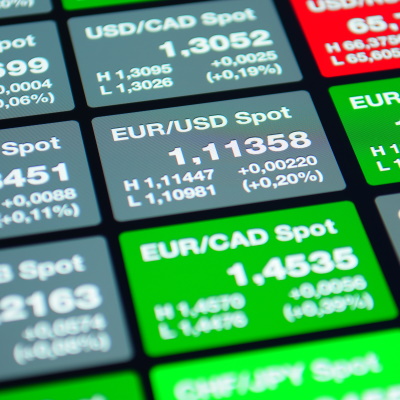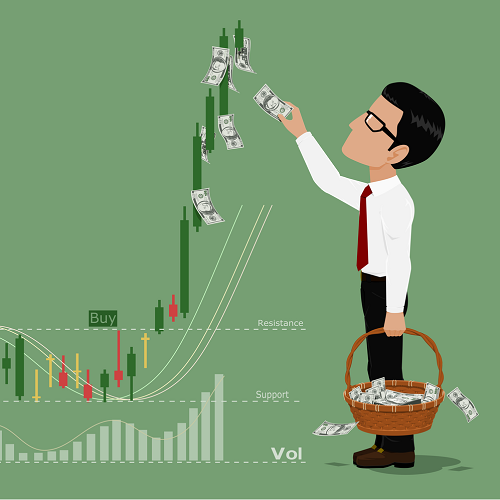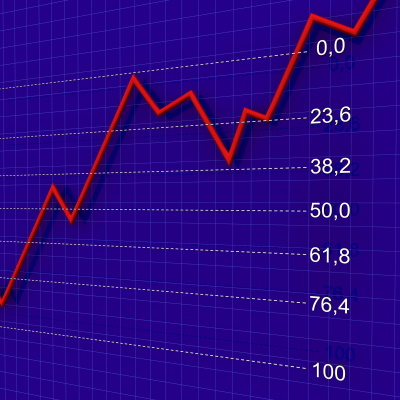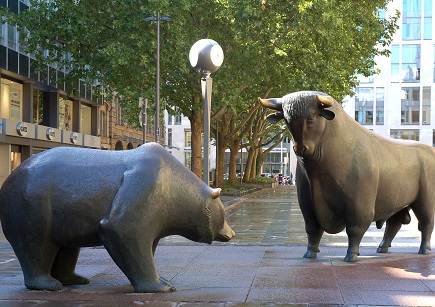What is a Commodity?
Trading commodities is an investment strategy in which a Trader buys or sells goods. This profitable market is one of the foundations of global trading.
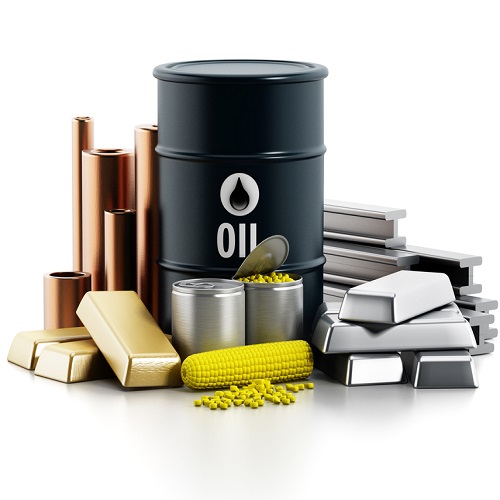
Why Trade Commodities?
The answer is a bit more complex than it actually seems, as there seem to be many different aspects to it, such as the difference between soft and hard commodities, the dynamics of the commodity market and the use of derivatives in the commodity market.
This brief article will further delve into details about each of the topics and hopefully answer your questions.
Commodity trading is one of the foundations of the international trading system. If you’re serious about becoming a Trader, you’ll take a few minutes to familiarise yourself with the basics of this highly profitable market.
In general, though, a commodity is an asset that is of use or benefit, and whose units are defined and interchangeable. Thus, oil is measured in barrels, and one barrel of oil can be interchanged with another without any deficit to either of the exchanging sides.
Soft and Hard Commodities
The commodity market is comprised of two categories of commodities: soft and hard. A soft commodity refers to something that was harvested, examples of which include sugar, corn, coffee, wheat, corn, cocoa, fruits, and soybeans. Conversely, a hard commodity refers to something that was extracted, e.g., gold, oil, silver, and rubber. Often, you’ll hear Traders classify commodities as “agricultural,” “metal” or “energy,” but there are some commodities that do not fit these classifications—silicon chips, for example.
The Commodity Market
Today, commodity Traders have access to approximately 50 major worldwide commodity markets, with physical trades increasingly giving way to virtual transactions. The most notable global commodity exchanges are the New York Mercantile Exchange, the London Metal Exchange, and the Chicago Mercantile Exchange.
At each of these exchanges, officials regulate the transactions making sure, for example, that the traded commodities meet basic standards. The exchanges are regulated by national regulatory organisations.
Financial Derivatives in the Commodity Market
A financial derivative is a financial instrument, the latter of which is defined as any tradable asset. Accordingly, a financial derivative in the commodity market is an instrument whose value is derived from a physical asset, such as shares, commodities, cash, etc.
Derivatives in the commodity markets can either be traded over-the-counter or through an exchange. Let’s define both.
An exchange-traded derivatives contract is one in which the transaction occurs on an organised futures exchange. Conversely, an over-the-counter trade is conducted between two parties, without the mediation/supervision of an exchange.
Commodity Trading
Commodity trading is carried out by floor Traders, who trade on their own behalf on the trading floor of an exchange, and by commodity brokerages, who carry out trades on others’ behalf. A commodity brokerage usually employs many brokers, all of whom have access to the exchanges listed above.
Commodity brokerages are popular among new Traders, for they usually offer expert advice and other helpful services. At the same time, it can be costly to trade via traditional brokerages, which is why recent years have seen a rise in discount brokers, most of which are internet-based.
There is intense competition among these brokerages, with many offering incentives, such as bonuses and trading tools. Accordingly, you should shop around before choosing your brokerage.



